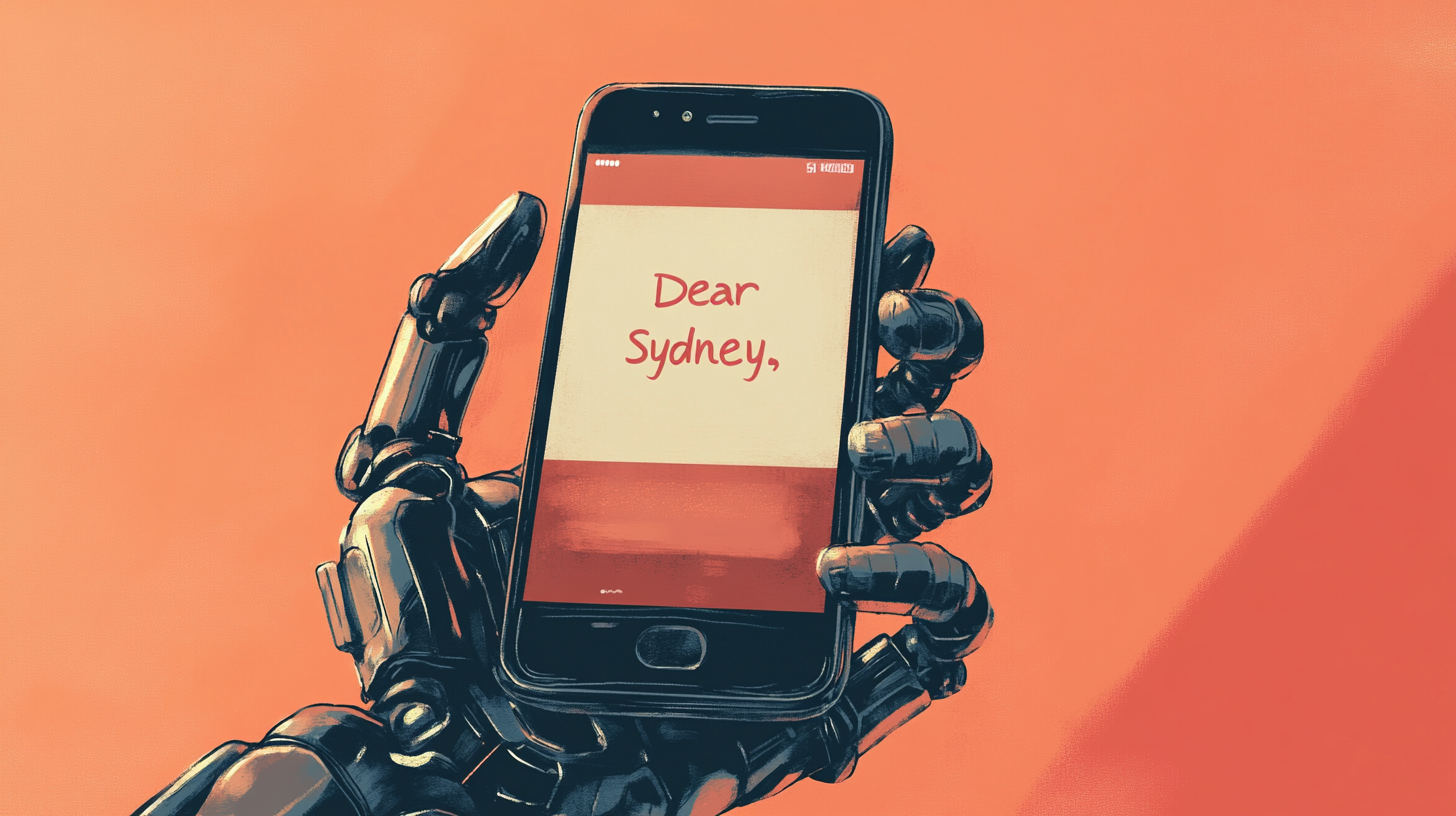Google pulls 'Dear Sydney' Gemini AI ad after criticism AI could make us lazy and uncreative

Update August 3, 2024:
Google has removed the Sydney ad after criticism of NBC's Olympic coverage, but defends it: AI is a great tool to enhance human creativity, not a replacement, a company spokesperson tells Variety. The ad aims to show how "the Gemini app can provide a starting point, thought starter, or early draft for someone looking for ideas for their writing." The video is still available on YouTube.
Original article from August 1, 2024:
Backlash against Google's 'Dear Sydney' Gemini AI ad is partly backed by science
A new Google commercial showing a father using Google's Gemini AI to help his child write to an Olympic star has drawn criticism from media outlets and social media users.
Critics argue that an AI-generated message lacks genuine emotion and encourages laziness. "Rather than using LLMs to automate tedious busywork or difficult research questions, 'Dear Sydney' presents a world where Gemini can help us offload a heartwarming shared moment of connection with our children," writes Kyle Orland from Ars Technica.
Others say the use of AI undermines children's creativity and learning, that AI-generated messages lack authenticity, and that this application of AI is misguided. Google has disabled YouTube comments on the ad.
Research partially supports concerns about AI-generated messages. A study by Bingjie Liu at Ohio State University found that AI-generated messages can cause irritation in personal relationships. Recipients viewed these messages as less appropriate and reported lower relationship satisfaction.
They also rated friendships as less secure when AI was used, even though message quality wasn't worse. Using AI to write messages was considered insincere and lacking personal effort, potentially damaging relationships.
Liu believes personal investment matters in relationships, with AI messages viewed as shortcuts. She predicts people may develop an internal Turing test to detect AI-written messages that, if identified, could damage relationships.
Of course, this is just one study, and a small one at that. But between its findings and the backlash against Google's ad, it seems something is going on, and we need to take a closer look at the potential unintended effects of AI in our daily lives.
AI News Without the Hype – Curated by Humans
As a THE DECODER subscriber, you get ad-free reading, our weekly AI newsletter, the exclusive "AI Radar" Frontier Report 6× per year, access to comments, and our complete archive.
Subscribe nowAI news without the hype
Curated by humans.
- Over 20 percent launch discount.
- Read without distractions – no Google ads.
- Access to comments and community discussions.
- Weekly AI newsletter.
- 6 times a year: “AI Radar” – deep dives on key AI topics.
- Up to 25 % off on KI Pro online events.
- Access to our full ten-year archive.
- Get the latest AI news from The Decoder.